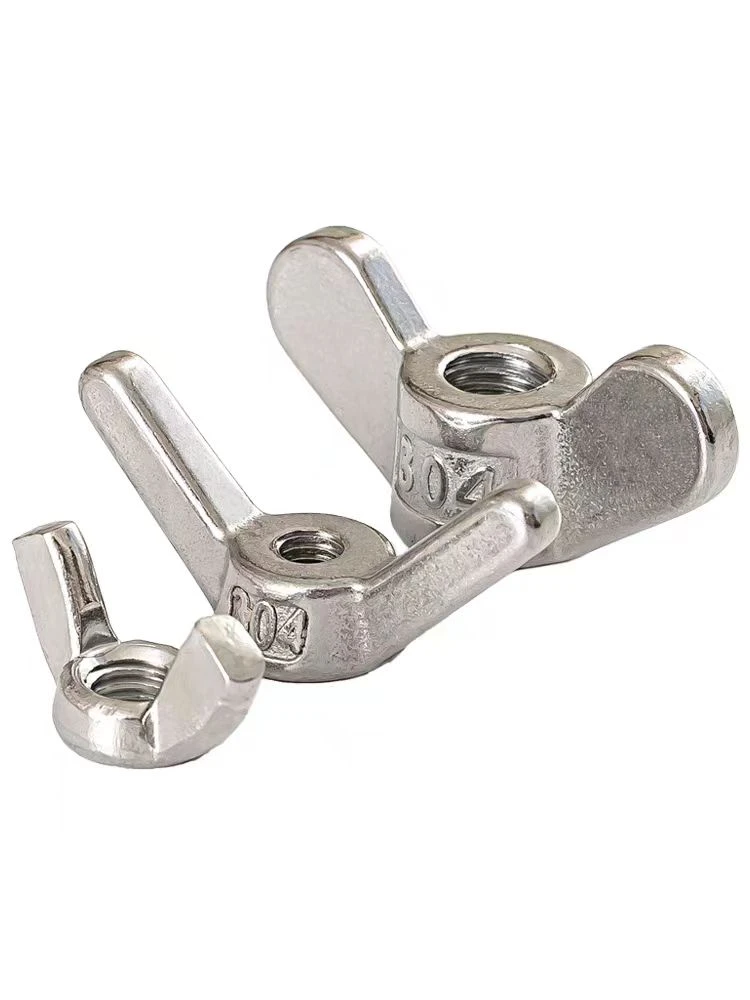

thin fender washers
Nov . 19, 2024 08:26 Back to list
thin fender washers
The Role and Importance of Thin Fender Washers in Engineering and DIY Projects
In the realm of engineering and DIY projects, the importance of small components often goes unnoticed. One such critical yet overlooked element is the thin fender washer. Despite their size, these washers play a significant role in various applications, providing essential benefits that enhance the performance and longevity of assembled structures.
What are Thin Fender Washers?
Thin fender washers are flat, ring-like fasteners characterized by their large outer diameter relative to their inner diameter and thickness. Typically crafted from materials like stainless steel, brass, or plastic, these washers are designed to distribute the load of a threaded fastener, reducing the likelihood of damage to surface materials. Their thin profile allows them to fit in tight spaces where conventional washers may be impractical.
Applications of Thin Fender Washers
The versatility of thin fender washers makes them suitable for a wide range of applications. They are commonly used in the automotive industry, especially in securing fenders and body panels where aesthetics and performance are paramount. The large surface area of thin fender washers prevents the fasteners from sinking into softer materials, mitigating the risk of cracking or warping.
In the construction and manufacturing sectors, these washers are indispensable for securing various components, including cabinetry, appliances, and machinery. Furthermore, their properties make them ideal for applications in electronics, where they provide support for connectors and circuit boards without adding excessive bulk to the assembly.
Benefits of Using Thin Fender Washers
thin fender washers

1. Load Distribution One of the primary advantages of using thin fender washers is load distribution. By increasing the contact surface area between the fastener and the base material, they help distribute force more evenly. This significant feature prevents the fastener from pulling through softer materials and minimizes the risk of material deformation.
2. Enhanced Stability Thin fender washers contribute to the overall stability of an assembly. They help minimize the chances of loosening over time, especially in high-vibration environments like automotive applications. This stability is essential for maintaining the integrity and longevity of the entire structure.
3. Versatility The adaptability of thin fender washers is another reason for their widespread use. Available in various sizes and materials, they can be tailored to fit numerous applications, making them a favorite among engineers and DIY enthusiasts alike.
4. Corrosion Resistance Many thin fender washers are made from stainless steel or other corrosion-resistant materials, ensuring a longer lifespan in challenging environments. This feature is particularly important in outdoor applications or areas where moisture is prevalent.
Conclusion
Thin fender washers may be small components, but their significance in engineering and DIY projects cannot be overstated. They serve crucial functions that enhance load distribution, stability, and longevity of assemblies while offering the versatility needed for various applications. Whether in automotive construction, manufacturing, or electronics, these washers play a pivotal role in ensuring that projects are safe, effective, and durable.
As we continue to innovate and enhance our engineering practices, it's essential to appreciate the small yet mighty components that make a big difference in the overall functionality of our designs. The next time you're planning a project, don’t underestimate the value of thin fender washers – they might just be the unsung heroes of your assembly!
Latest news
-
Hot Dip Galvanized Bolts-About LongZe|High Strength, Corrosion Resistance
NewsJul.30,2025
-
High-Strength Hot Dip Galvanized Bolts - Hebei Longze | Corrosion Resistance, Customization
NewsJul.30,2025
-
Hot Dip Galvanized Bolts-Hebei Longze|Corrosion Resistance&High Strength
NewsJul.30,2025
-
High-Strength Hot-Dip Galvanized Bolts-Hebei Longze|Corrosion Resistance&High Strength
NewsJul.30,2025
-
Hot Dip Galvanized Bolts-Hebei Longze|Corrosion Resistance&High Strength
NewsJul.30,2025
-
Hot Dip Galvanized Bolts - Hebei Longze | Corrosion Resistance, High Strength
NewsJul.30,2025

